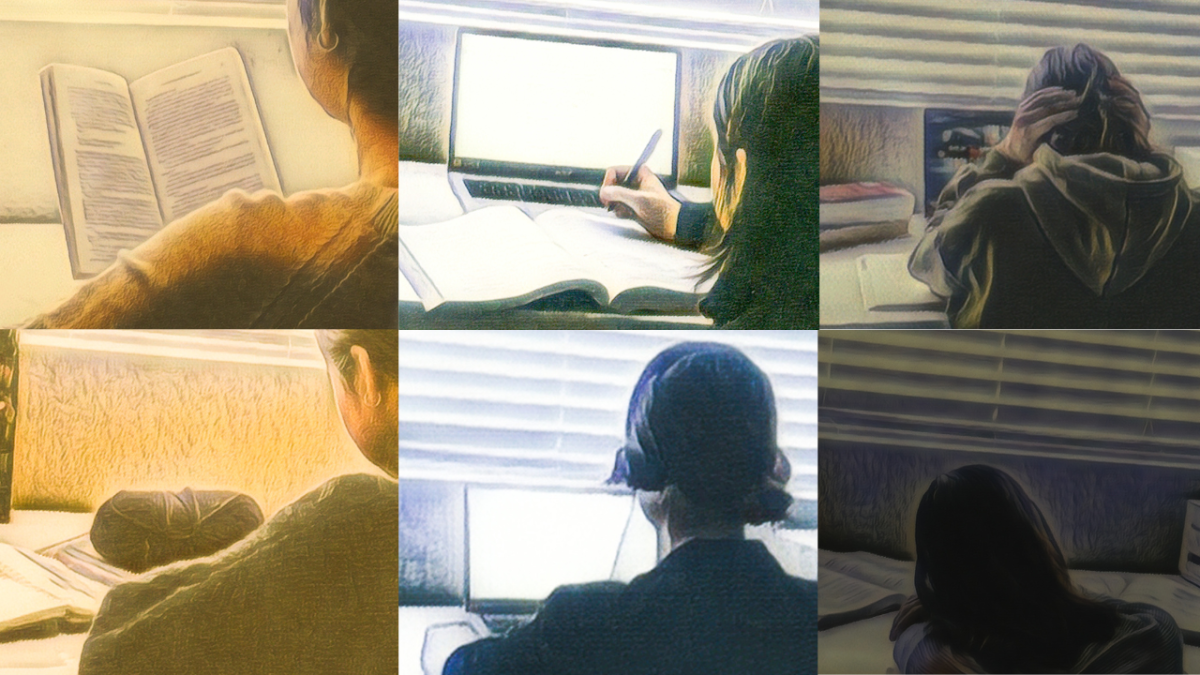A Diverse World: The Varying Practices of Faith
The image illustrates a diverse group of people with each holding a symbol to represent their religion.
September 27, 2019
Our world is rich with so much diversity, filled with a plethora of different cultures, traditions, ethnicities, and beliefs. Religion, in particular, is filled with an assortment of different practices and ideas. With this enormous variety, not only around the world but in our immediate community, it brings to question what the similarities and differences are in these varying faiths.
Some of the most prominent Western religions prevalent in our community include Christianity, Judaism, Muslim, and Hindu. Each religion has their unique practices and ideas regarding our world. With each faith, the level of commitment and enthusiasm varies tremendously, altering the way in which different people observe their customs and beliefs.
With every different faith, there is variation in the specifics of their ideas, practices, and observances. For example, a devout Catholic, Stephen Serrano (12), explained that worshipping Saints and perceiving the Father, the Son, and the Holy Spirit as one are central focuses in his belief system. In the Islamic faith, Malieka Khan (12) described that Islamic ideas are built off trust and peace in God and oneself.
To better understand the complexity of varying religions, we interviewed a number of different individuals to discuss their beliefs. While each person expressed unique convictions associated with their faith, it was difficult not to identify some glaring similarities in what they divulged.
When elaborating on some of the most important lessons to take away from the Quran, Malieka Khan (12) revealed that her religion teaches people to “be respectful and kind to all you meet.”
Stephen Serrano (12) explained that he interprets some of the most important lessons in the Bible as meant to teach individuals “to love and accept each other.”
Thus, despite small variations in the particular focuses of these varying religions, there proves to be much overlap in some of the universal truths stipulated in their sacred texts.
While it is evident that many religions share in their core values, an extraordinary division has been created in our world. Religion has been sometimes used as a means of justifying immorality and inequity. In recent years, misinterpretations of the Quran have been used as justification for violence. Yorba Linda High School’s “Bible is Literature” teacher, Mr. Hay (Staff), admitted that the misinterpretations of the bible can motivate injustice as well. One may jump to criticize religious texts for these things, but he reminds us that “the fact that the teachings have been abused does not negate the value of the Bible any more than the fact that some horrific crime done by one person does not mirror the entire heart of all people.”
Vilifying religion in its entirety becomes increasingly enticing due to the controversial nature of varying beliefs. Yet it is important to note that each religion is meant to help guide us in living a life that is selfless, kind, and filled with love.
Stephen Serrano (12) observed that “in today’s world, loving others is all we can do. With everything going on and hatred dividing the world, I think that everyone, regardless of religion, should treat others with kindness and love.” His remark expresses an incredible amount of insight that sums up one of the most important aspects of religion in our world.








































